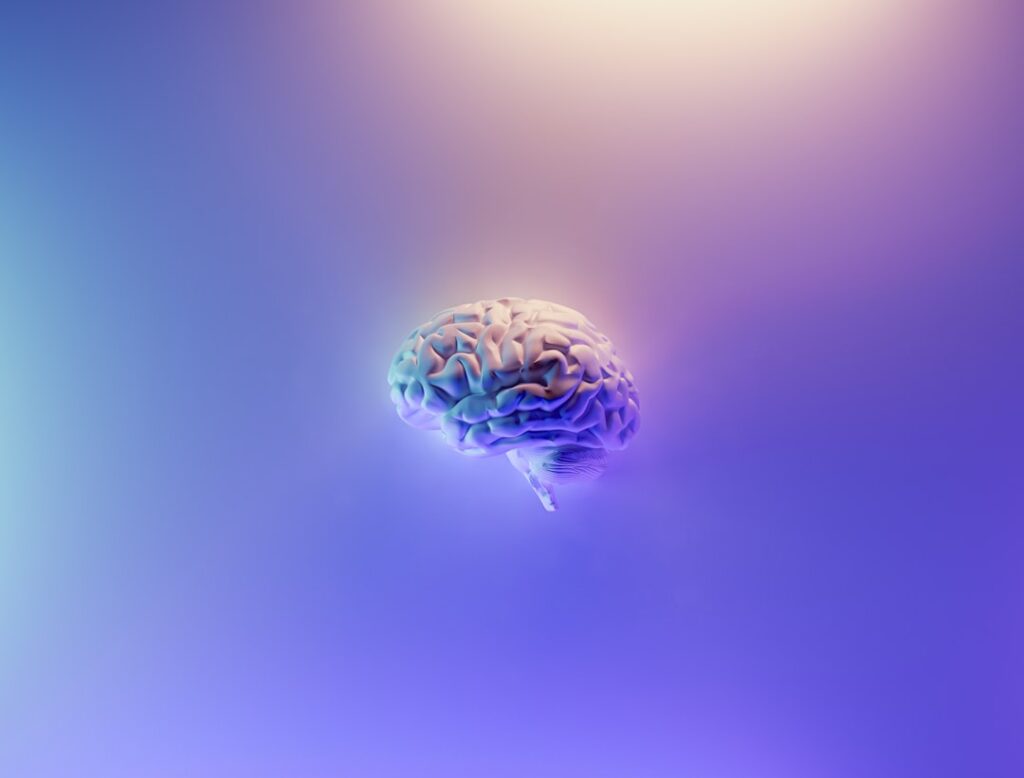Introduction: The Hidden World of the Gut Biome
Do you know that your gut houses trillions of bacteria, fungi, viruses, and other microscopic entities? This bustling metropolis of microorganisms, collectively known as the gut biome or microbiome, plays a critical role in your overall health. But what’s even more fascinating is the gut biome’s profound influence on mental health, an interaction scientifically referred to as the gut-brain axis. This article delves into this extraordinary connection and offers insights on maintaining a healthy gut for optimal mental well-being.
The Gut-Brain Axis: A Two-Way Street
Your gut and brain communicate via the gut-brain axis, a complex network involving the nervous system, hormones, and immune responses. This bi-directional communication means that what happens in your gut can influence your brain, and vice versa. Stress, for example, can upset your gut, while an imbalance in your gut microbiome can affect your mood, cognition, and stress levels. This intricate interplay lays the foundation for understanding the gut’s role in mental health.
How Your Gut Biome Influences Your Mental Health
Research has shown that a balanced gut microbiome is essential for mental wellness. A study published in the Journal of Neurogastroenterology and Motility indicated that gut bacteria produce neurotransmitters like serotonin and dopamine, which are critical for mood regulation. In fact, a whopping 90% of serotonin, often referred to as the ‘happiness hormone’, is produced in the gut. Any imbalance in the gut biome, known as dysbiosis, can disrupt these neurotransmitter levels, potentially leading to mood disorders like depression and anxiety.
Probiotics: A Key to Optimal Gut and Mental Health
Probiotics, beneficial bacteria that contribute to a healthy gut environment, have shown promise in supporting mental health. A review in the Trends in Neurosciences journal highlights the potential of specific probiotics, termed psychobiotics, in treating mental health disorders. By including probiotic-rich foods like yogurt, kefir, and fermented vegetables in your diet, you can help maintain a balanced gut biome and support your mental wellness.
Actions for a Healthy Gut and a Healthy Mind
While research into the gut-brain axis is ongoing, it’s clear that a healthy gut contributes to a healthy mind. In addition to a probiotic-rich diet, consider prebiotics, which feed the beneficial bacteria in your gut. Regular exercise, sufficient sleep, and stress management are also vital for gut health. Lastly, avoid unnecessary antibiotics, which can disrupt your gut microbiome. Remember, a happier gut could mean a happier you.

